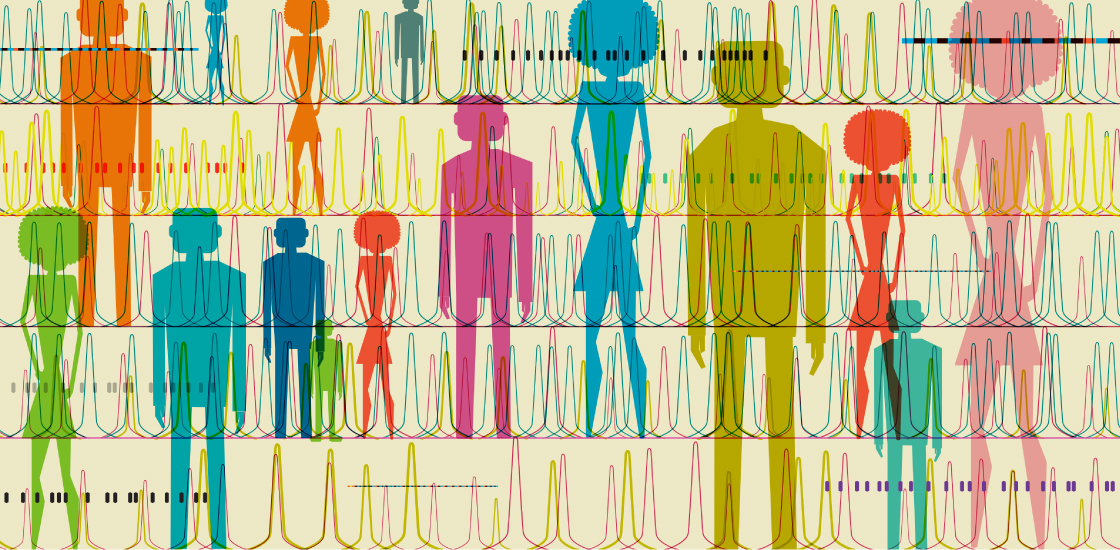Brian O’Roak uses genomic approaches to unlock the genetic basis of neurodevelopmental disorders such as autism and intellectual disability.
Brian O’Roak
Associate professor of molecular and medical genetics
Oregon Health and Science University
From this contributor
How I learned to stop worrying and love preprints
Preprints are gaining traction in biology, but some researchers have lingering concerns. Should they?
Burning debate: What’s the best way to nab real autism genes?
How to best use a large volume of data to discover new genetic risk factors for autism is a matter of intense debate, particularly in light of historical challenges.

Burning debate: What’s the best way to nab real autism genes?
Explore more from The Transmitter
Smell studies often use unnaturally high odor concentrations, analysis reveals
It’s time to fashion olfactory neuroscience stimuli based on odor concentrations in the wild, say study investigators Elizabeth Hong and Matt Wachowiak.

Smell studies often use unnaturally high odor concentrations, analysis reveals
It’s time to fashion olfactory neuroscience stimuli based on odor concentrations in the wild, say study investigators Elizabeth Hong and Matt Wachowiak.
Developmental delay patterns differ with diagnosis; and more
Here is a roundup of autism-related news and research spotted around the web for the week of 14 April.

Developmental delay patterns differ with diagnosis; and more
Here is a roundup of autism-related news and research spotted around the web for the week of 14 April.
‘Natural Neuroscience: Toward a Systems Neuroscience of Natural Behaviors,’ an excerpt
In his new book, published today, Nachum Ulanovsky calls on the field to embrace naturalistic conditions and move away from overcontrolled experiments.

‘Natural Neuroscience: Toward a Systems Neuroscience of Natural Behaviors,’ an excerpt
In his new book, published today, Nachum Ulanovsky calls on the field to embrace naturalistic conditions and move away from overcontrolled experiments.
